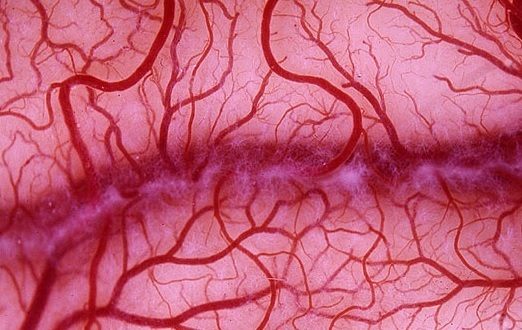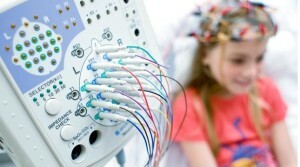Why is the head buzzing?
Contents:
- Why buzz in the head?
- Diagnosis of the disease
- Treatment of buzzing in the head
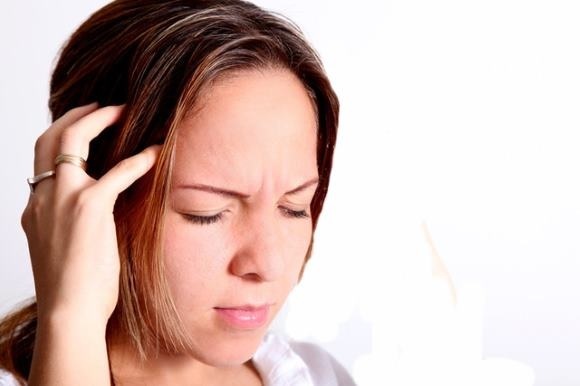 Transient neurological symptoms, such as dizziness, head noise, often occur in patients with various diseases, but can also appear in healthy people. One of the main complaints - buzz in the head - is associated with the emergence of a strong noise, which is of a different nature. Such a symptom leads to a sharp decline in the quality of life, hampers the learning process or professional activity. If it hoots in your head, you need to immediately contact your doctor who will be able to conduct a medical examination, appoint additional methods of examination, choose the best therapy.
Transient neurological symptoms, such as dizziness, head noise, often occur in patients with various diseases, but can also appear in healthy people. One of the main complaints - buzz in the head - is associated with the emergence of a strong noise, which is of a different nature. Such a symptom leads to a sharp decline in the quality of life, hampers the learning process or professional activity. If it hoots in your head, you need to immediately contact your doctor who will be able to conduct a medical examination, appoint additional methods of examination, choose the best therapy.
Why buzzing in the head?
Many people are interested in the question: why is it buzzing in my head? There are quite a few reasons for the appearance of noise. At the same time, they range from absolutely safe for health( fatigue) to fairly heavy, associated with brain tumors or diseases of the cardiovascular system. Causes of buzzing in the head:
- Disorders of the auditory analyzer( functional, organic nature).In this case, both the process of perception of sound and the process of carrying it along the nerve may be disturbed. Typically, this noise is monotonous, leading to a decrease in hearing, which can progress with the development of the underlying disease. The causes of this condition are: inflammatory diseases of the inner, middle ear or nerve;Disorders of cerebral blood flow, craniocerebral trauma.
- The presence of narrowing of the cerebral arteries leads to a swirling of blood, the appearance of a specific noise, which increases with increasing blood pressure. The main reason that the head is buzzing is the atherosclerotic process of the blood vessels( see Atherosclerosis of the brain vessels), leading to their narrowing.
- Violation of the vestibular analyzer provokes a rumble with a sudden change in the position of the body, as well as the slopes of the head, trunk.
- Cervical osteochondrosis is an important cause of the appearance of noise, as in its development there are disorders of cerebral circulation. This leads to hypoxia of the brain, disrupting the work of its departments, including those related to perception, transmission, processing of auditory information.
- Age-related changes in the auditory analyzer lead to the appearance of a constant, monotonous noise associated with degenerative processes in the sound-receiving structures.
- Why does my head ache during drug treatment? A number of medicinal products cause side effects in the form of noise: anti-inflammatory, antibacterial agents, medicines for the treatment of tumors, depressions.
- Tumor processes cause noise in the ear, but there is a peculiarity: the buzzing in the head, as a rule, is one-sided, gradually progressing with time, leading to complete loss of hearing.
The reasons why it buzzes in your head are many. Therefore, when noise occurs, it is necessary to consult a therapist or a neurologist who will be able to conduct a qualitative medical examination, and will appoint additional methods of examination.
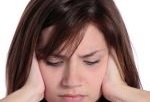 Learn about the main causes of ringing and noise in the head. How to diagnose and treat pathology.
Learn about the main causes of ringing and noise in the head. How to diagnose and treat pathology.
There was an annoying noise on the left side of the head? Read about the causes of the symptom.
Diagnosis of the disease
Thorough questioning of the patient about the time of occurrence of noise, its features and conditions of disappearance allows you to suspect certain diseases, choose diagnostic procedures aimed at confirming or refuting the diagnosis.
- General and biochemical analysis of blood allows you to assess the patient's condition. The observed leukocytosis( increased number of leukocytes), acceleration of ESR can indicate otitis or other infectious diseases. Reducing hemoglobin or erythrocytes causes anemia, which leads to brain hypoxia, can lead to a buzzing in the head.
- An electroencephalogram is used to exclude epileptic seizures whose aura can manifest as tinnitus.
- Computer or magnetic resonance imaging is used to exclude tumor or other bulk processes in the brain.
- MRI of the cervical spine for the detection of cervical osteochondrosis, which affects the blood supply of the central nervous system.
- Angiography of cerebral vessels allows to identify the narrowing of the lumen, to determine the further tactics of treatment.
- Carrying out an audiogram helps to assess the severity of hearing in the ears, to identify violations.
- The electrophysiological study of the auditory analyzer makes it possible to estimate the spread of nerve impulses along the auditory nerve to the cortex of the cerebral hemispheres.
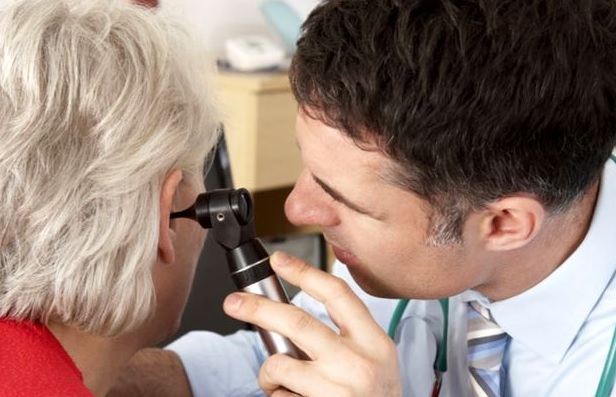 As a rule, the doctor selects several methods of examination, assigns them to the patient. It is important to remember that in no case should you interpret the results of your research yourself.
As a rule, the doctor selects several methods of examination, assigns them to the patient. It is important to remember that in no case should you interpret the results of your research yourself.
Treatment of buzz in the head
Getting rid of noise in the head requires careful detection of the causes of its occurrence, the impact during treatment on them. Prescription of medicines is the prerogative of a doctor. Inflammatory diseases of the ear and auditory nerve are treated with antiviral or antibacterial agents, depending on the cause of their occurrence.
When there is a buzz in the head associated with a violation of the blood supply to the brain, the drugs of choice are neuroprotectors( Phenotropol, Pyracetam), vascular agents( Actovegin).These medications improve the delivery of blood and oxygen to the brain tissue, and also improve metabolism in neurons, which leads to the disappearance of symptoms.
Cervical osteochondrosis, leading to the appearance of noise in the ears, requires the appointment of non-steroidal anti-inflammatory drugs( Indomethacin, Ketorol), drugs that improve cerebral blood flow( nootropics), physiotherapy methods, manual therapy.
 Did you know that light noise in the ears and head is a prerequisite for a serious illness?
Did you know that light noise in the ears and head is a prerequisite for a serious illness?
Find out why the buzzing in the ears: causes, diagnosis, treatment.
Read why the throbbing in the head: what risks for the patient and how to help him?
Treatment of hum in the head requires a thorough medical examination, consultation with various medical specialists( from a neurologist, ENT doctor).Such an approach to diagnosis makes it possible to identify the reasons for the occurrence of hum and to prescribe the most rational methods of therapy.
write the question in the form below:


